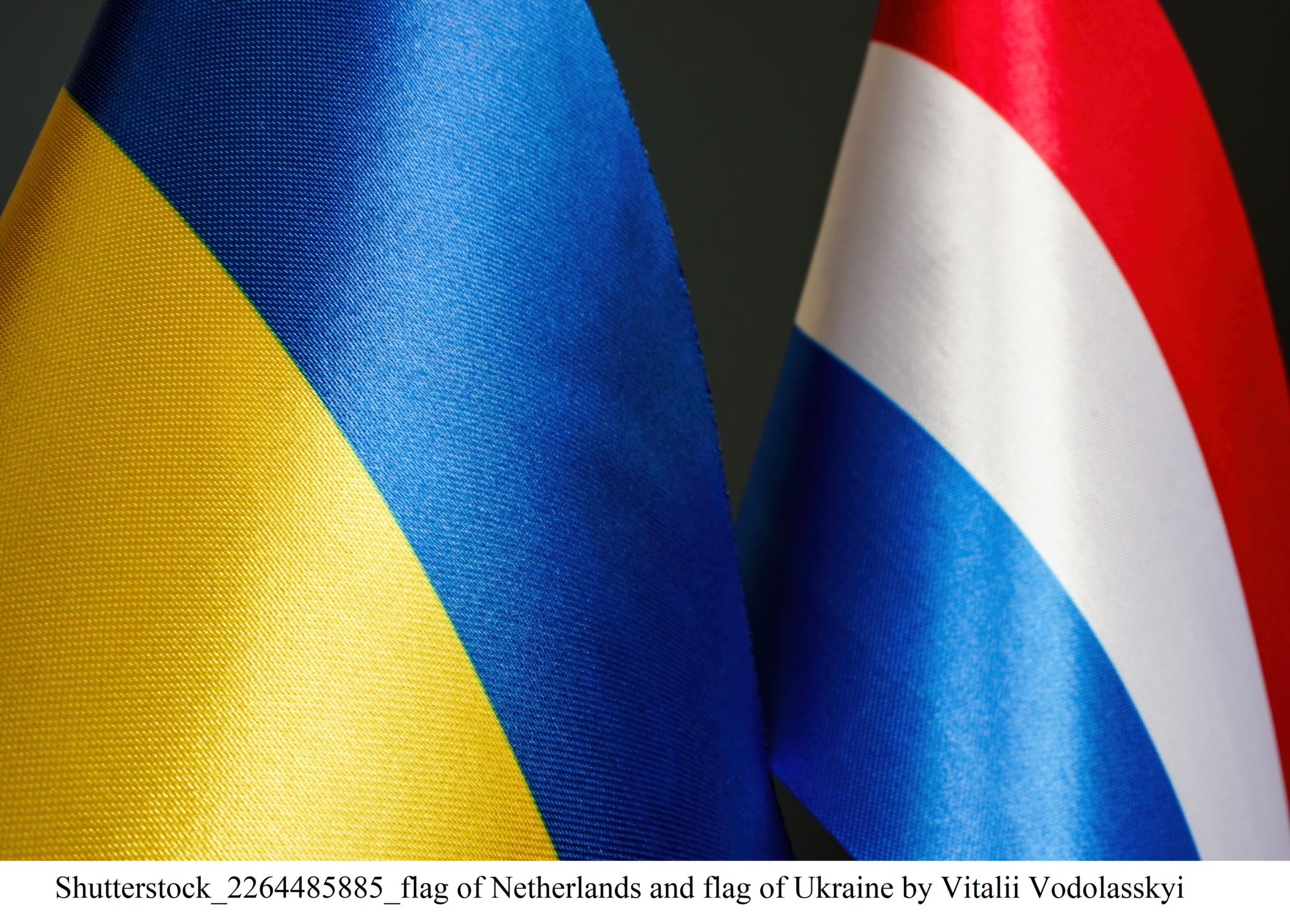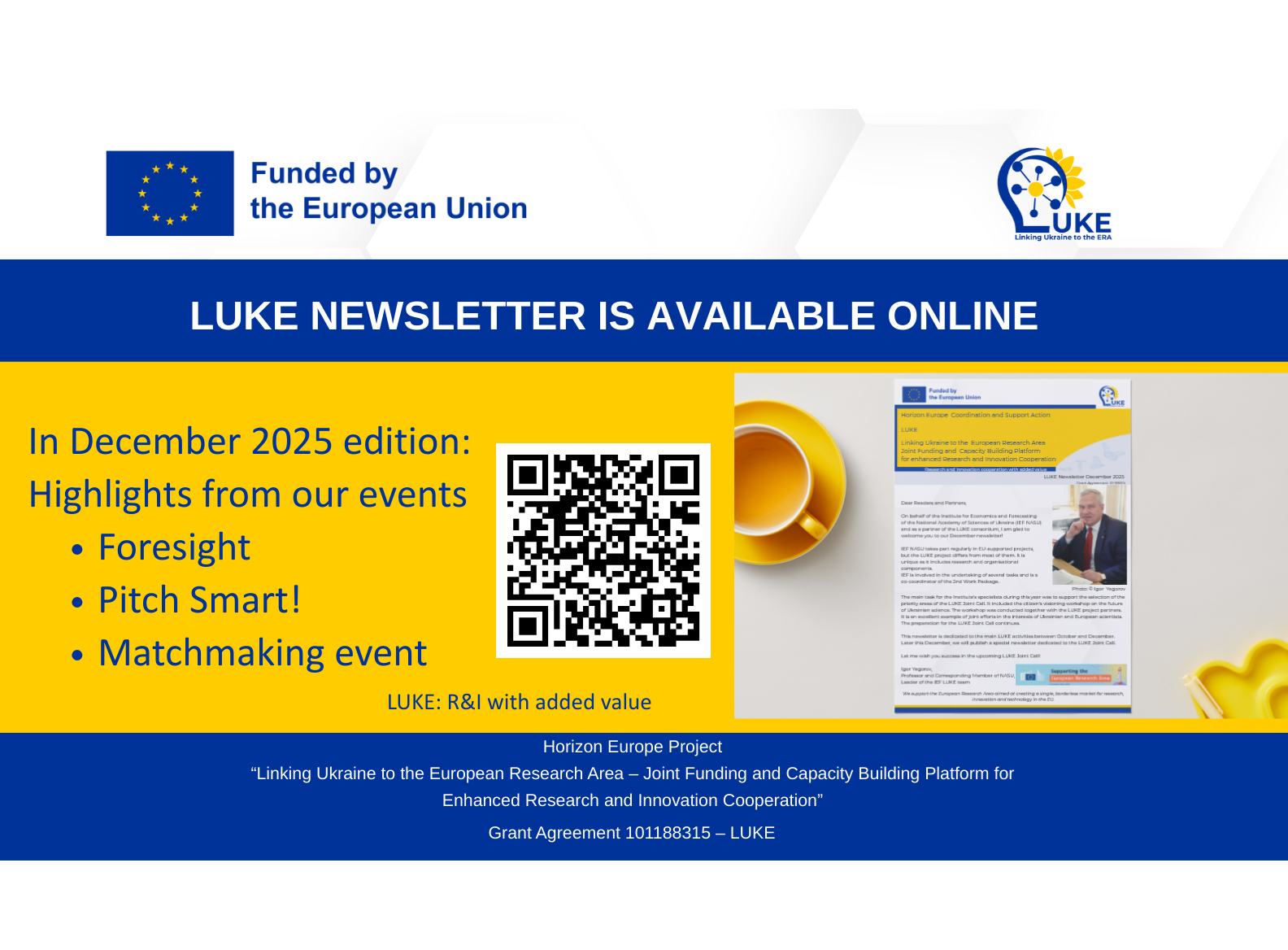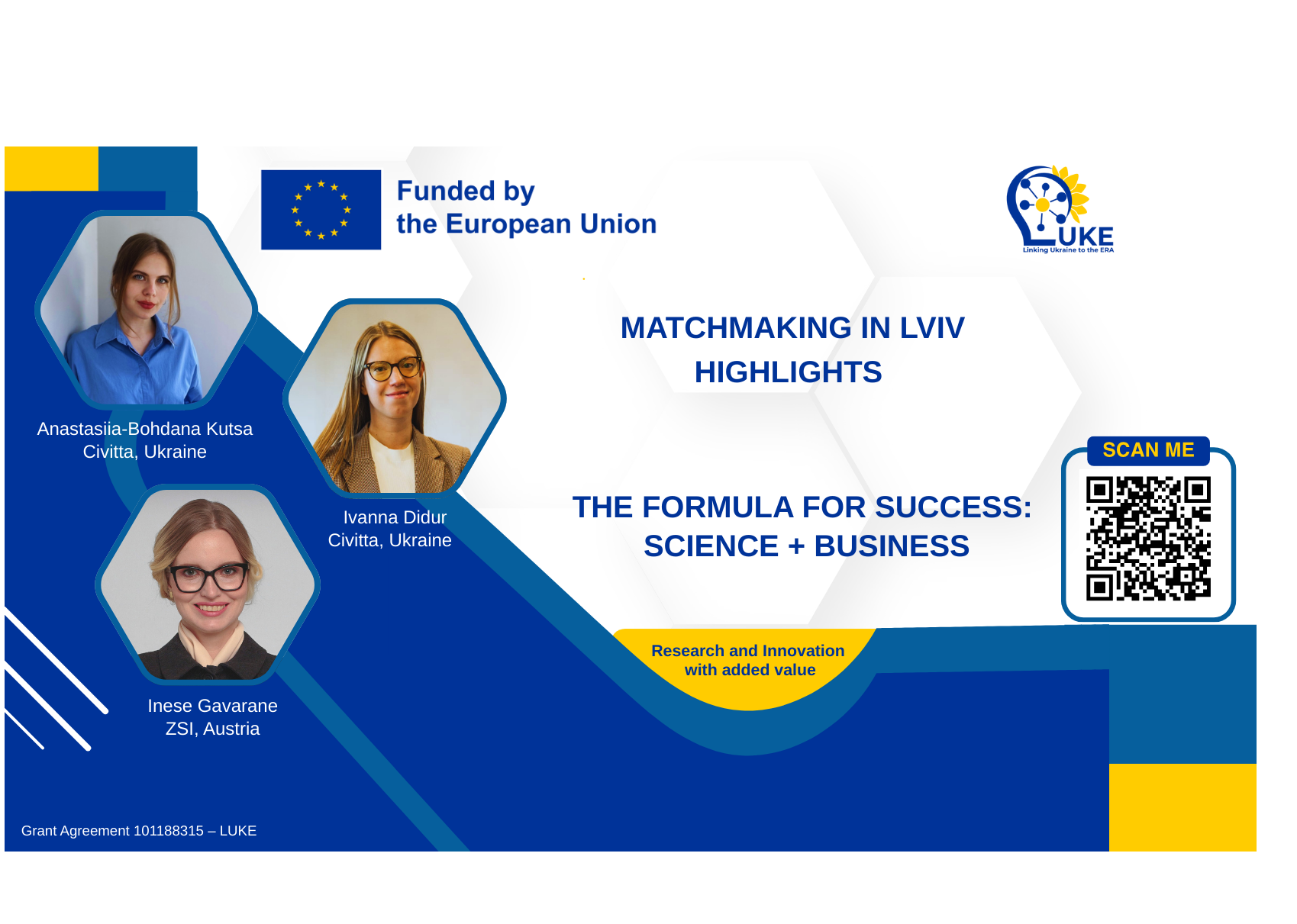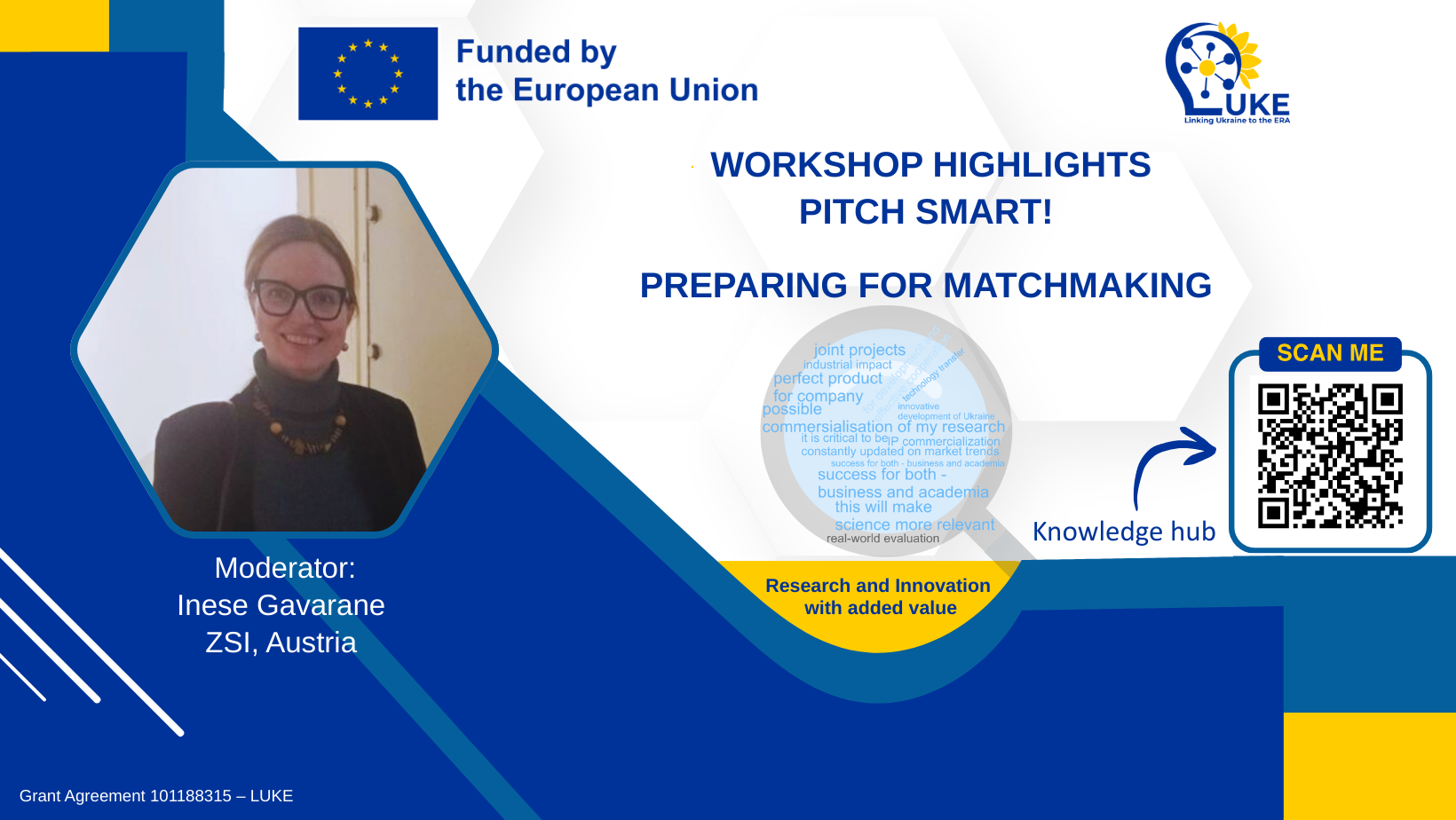The February 2022 russian invasion of Ukraine has devastated the country, resulting in mass casualties, destruction of facilities and infrastructure, and significant internal and external migration. The invasion also ravaged Ukraine’s science and technology sectors, not only in terms of damaging physical facilities and institutions but also by displacing scientists and creating challenging conditions that researchers who remain in Ukraine must face to continue their work. Of particular concern are the psychological impacts of the experience of war that affect all Ukrainians, including both researchers who remain in the country and those who have left.
Because scientific and technological advances will drive many of Ukraine’s future national security and economic growth decisions, it is critical to strengthen and rebuild its capacity to establish and maintain a robust science and innovation system that supports basic and applied research, trains the next generation of scientists and engineers, and provides mechanisms for science and technology (S&T) decision-making and advice to Ukrainian policymakers.
In support of this effort, the National Academies of Sciences, Engineering, and Medicine (NASEM) convened a workshop on June 5, 21, and 28, 2023, on how to establish flexible, impactful, and sustainable programs, both today and in the future, to support the Ukrainian research community, particularly those still in Ukraine.
During the workshop, speakers shared best approaches to strengthening and developing human capital needed to manage a modern research and innovation system. Participants also discussed efforts to provide funding or develop scientific collaboration in support of researchers. Workshop participants, including representatives from the Ukrainian government and research agencies, consisted of recognized experts in the design, implementation, and funding of scientific research initiatives, particularly those involving international cooperation; science and technology workforce development; and programs to manage and strengthen national systems of research, higher education, and innovation. Participants from the Ukrainian research community provided valuable perspectives about the barriers they are currently facing along with priorities and their vision for the future of research in the country.
Olga Polotska, Executive Director of the National Research Foundation of Ukraine (NRFU) discussed organizational funding during the war and top actions to support the NRFU and Ukrainian R&D system, including:
- Developing partnerships, such as joint initiatives and bilateral and multilateral calls.
- Creating institutional support, including trainings, workshops, etc.
- Expanding information and communication support, including exchange of information and best practices, popularization of the results of the NRFU grantees, and informing relevant audiences about the NRFU activities, etc.
- Engaging reviewers, including foreign experts, to minimize potential conflict of interest and raise objectiveness of project assessment.
In addition to the workshop, a side event was held on June 6, 2023, that included discussion of resources and connections for young scientists and engineers in and interested in Ukraine. The goal of the session was to engage young scientists in discussions about how best to support their research and career goals and to connect them to resources that align with their research interests.
During the final day of the workshop, held on June 28, 2023, participants highlighted numerous strengths of the Ukrainian system and also identified key gaps, needs, and challenges facing the Ukrainian scientists, which included:
- Need for financial support and job stability for researchers
- Loss of talent and not enough people to teach science
- Lack of tools and infrastructure (e.g., facilities, electricity, and internet)
- Significant need for training, particularly for younger scientists
- Difficulty with subcontracting, including grant management and reporting, and lack of a pipeline for science advisors
- Psychological challenges related to dealing with war
- Application fatigue and low success rates
- Need for better coordination at the international level
- Gender imbalances, particularly in engineering
- Need to bolster the reputation of Ukrainian research globally
Key Priority Actions
In light of these strengths and gaps, participants discussed key short-term (within 6 months), medium-term (6 months to 2 years), and long-term (more than 2 years) actions to help advance and support human capital in science, research, and innovation in Ukraine.
More information about the workshop discussions you can find here.





